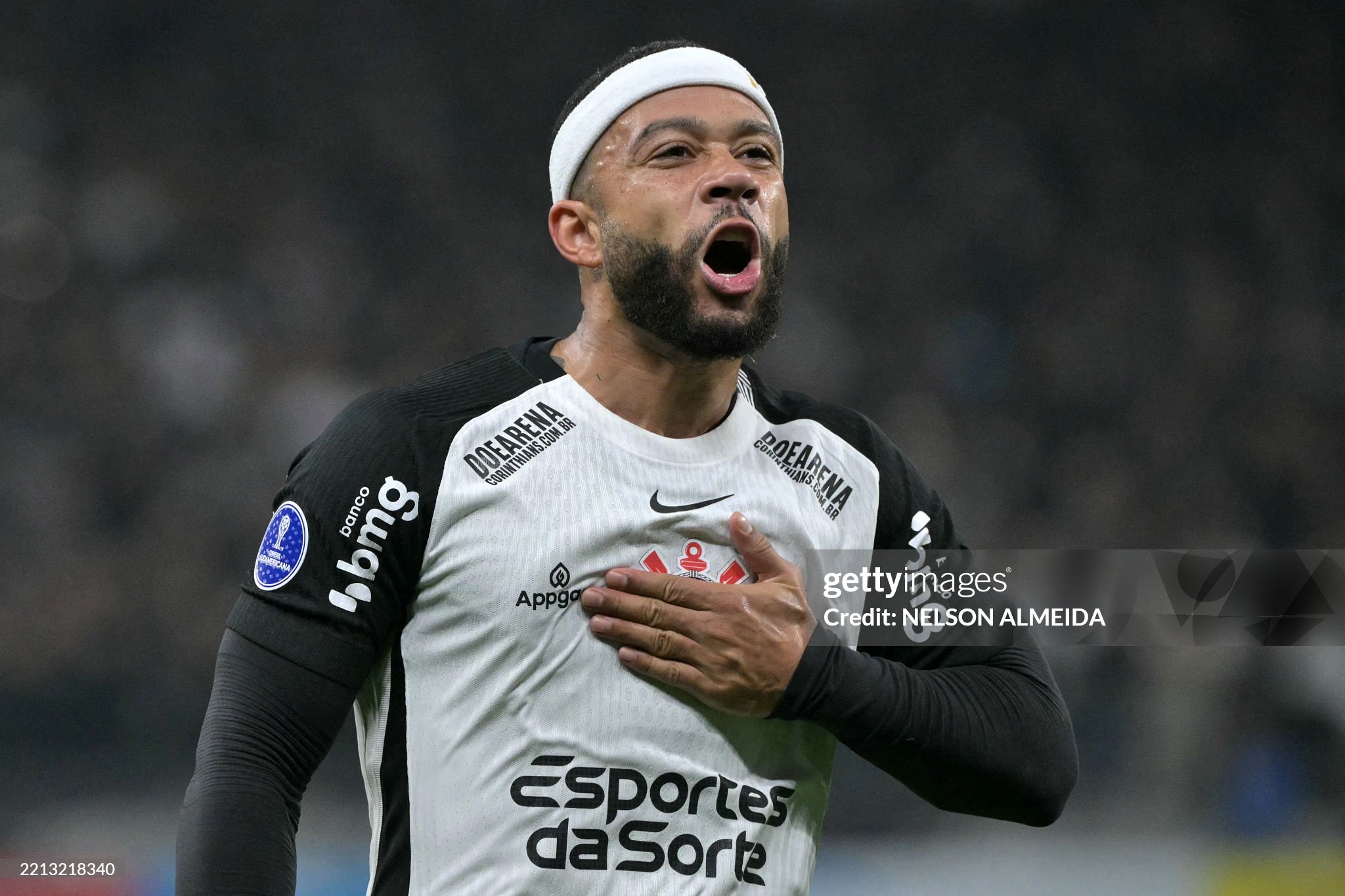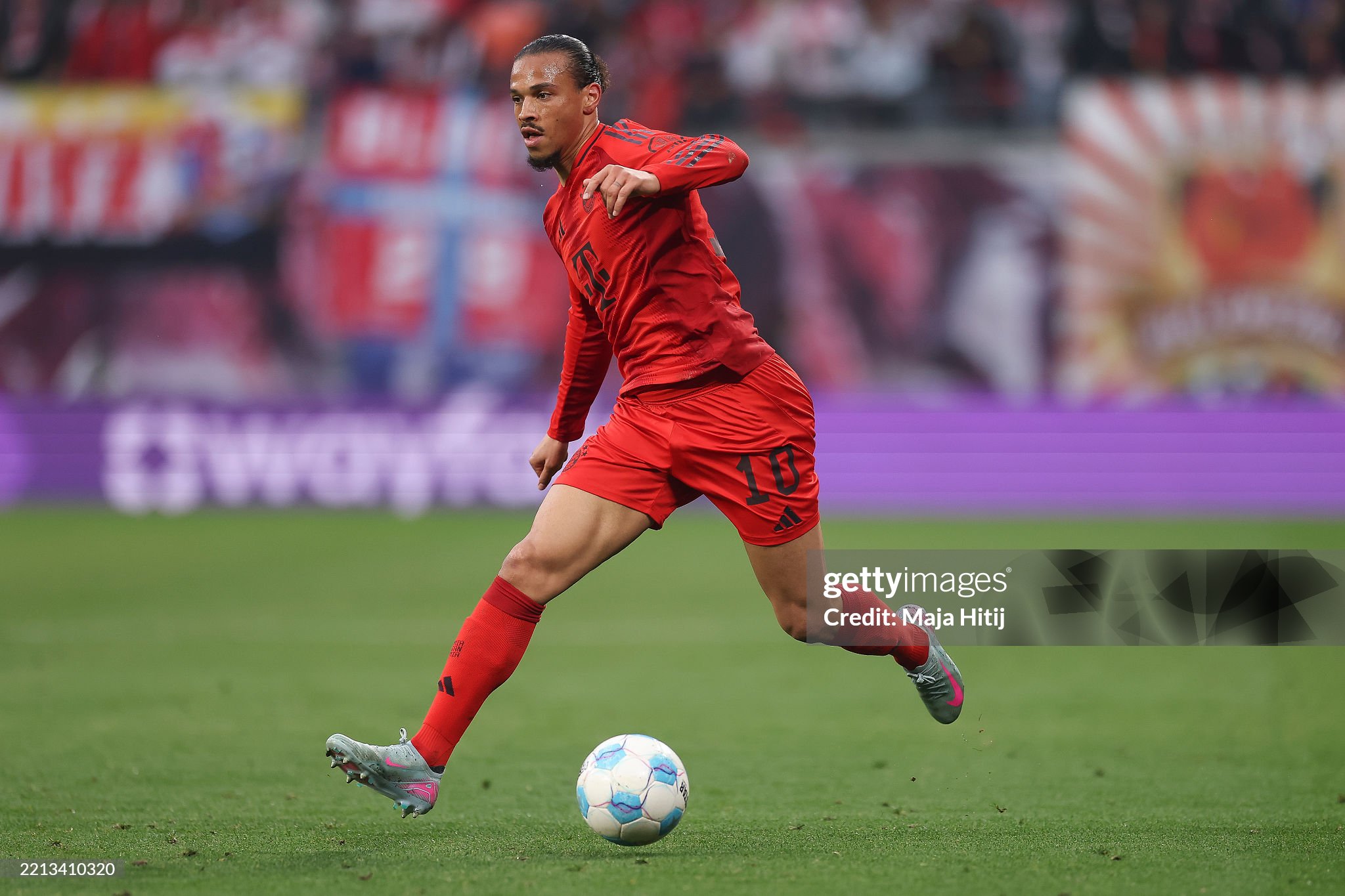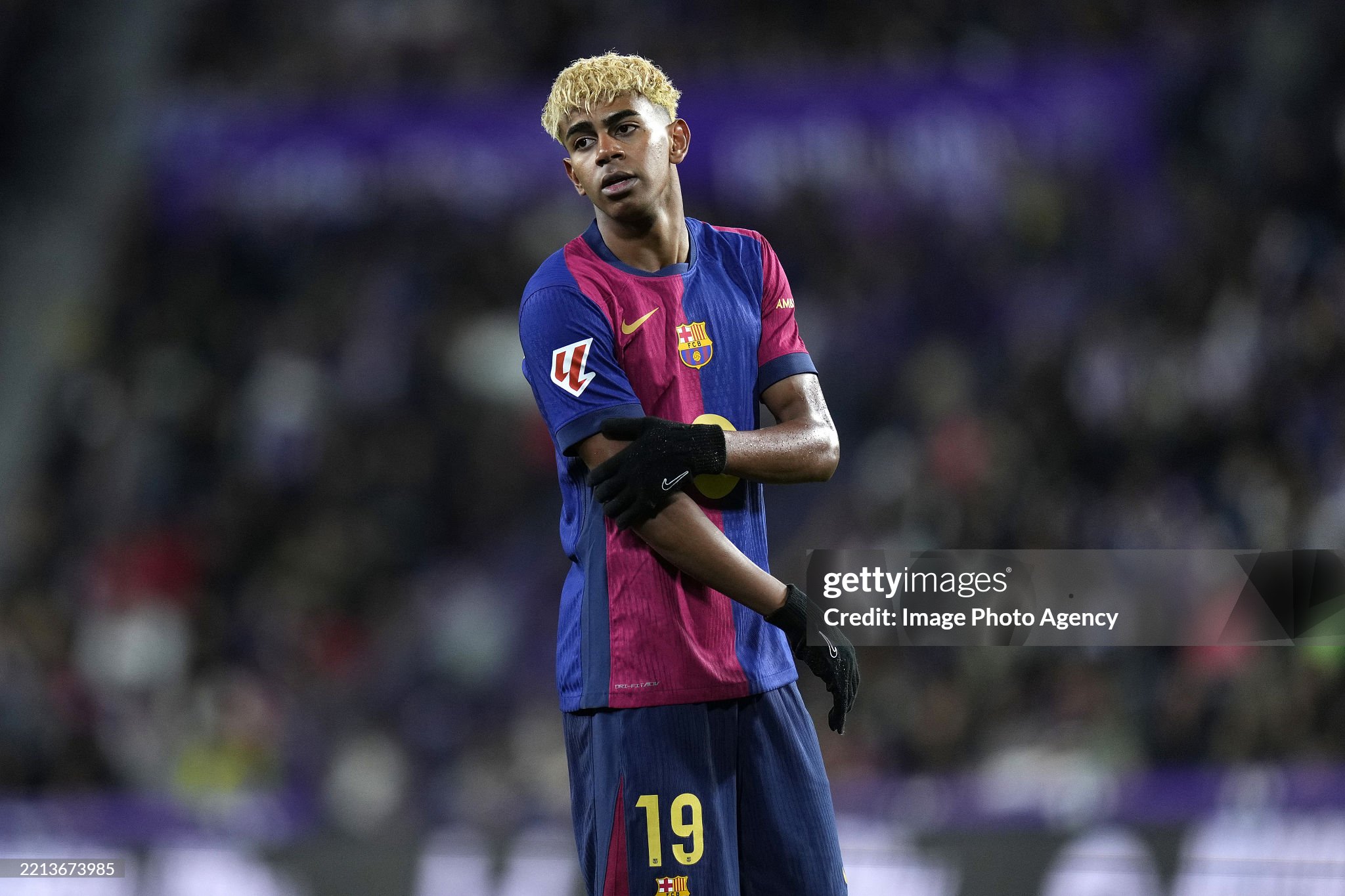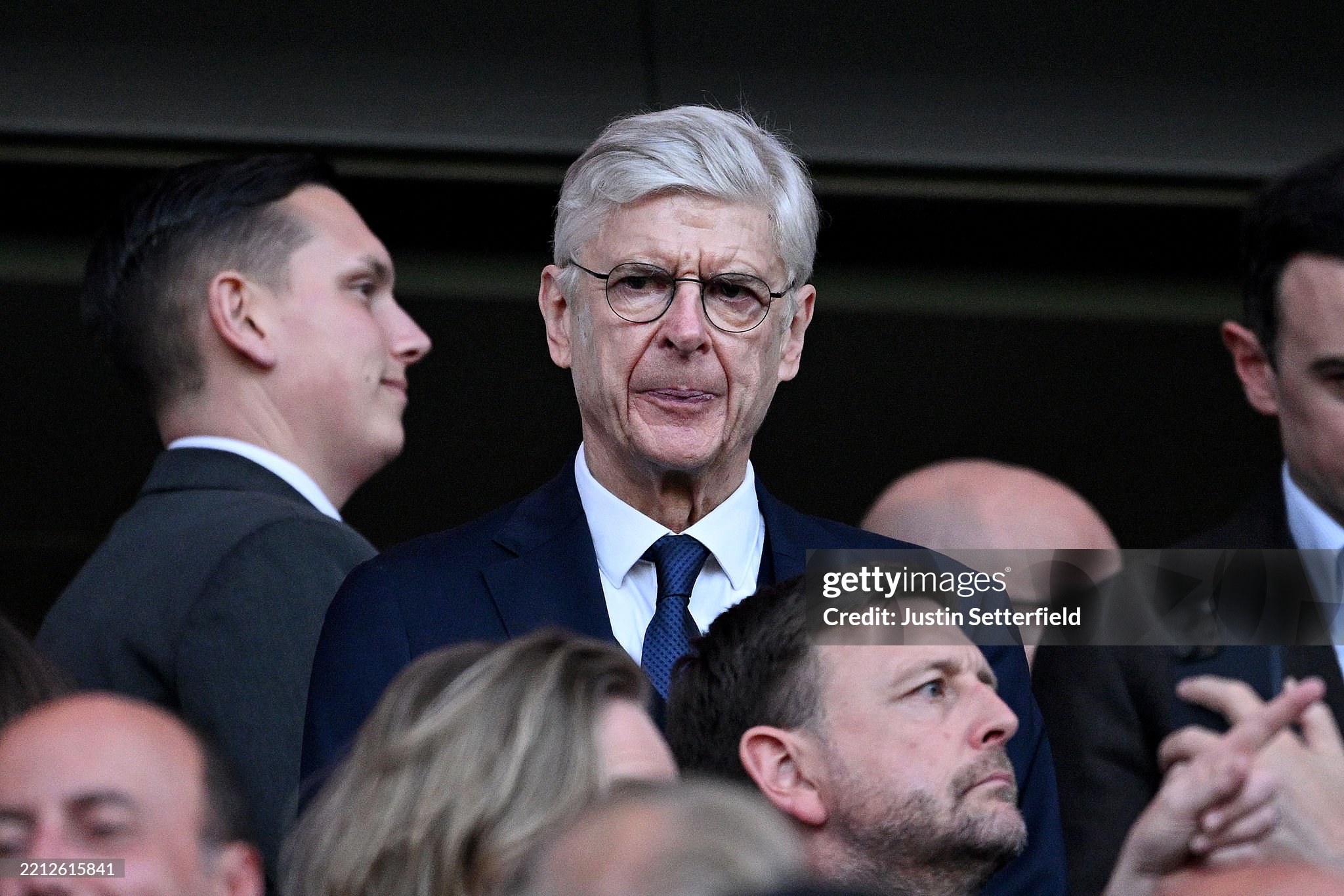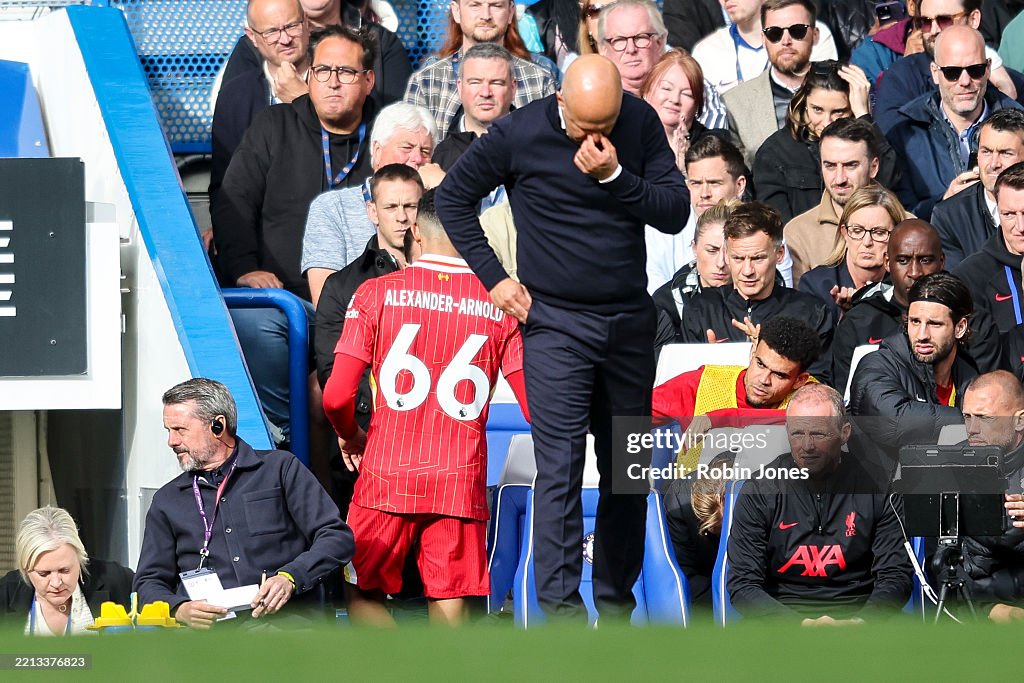Lisandro Martínez did not make a good impression against Nottingham Forest. Former footballer Jamie Redknapp referred to the ex-Ajax player as "a little boy" following the first goal conceded.
For Nottingham Forest's opening goal against Manchester United, Lisandro Martínez came under heavy scrutiny for his inability to prevent Nikola Milenkovic from scoring.
The criticism began with Jamie Redknapp, who did not hold back his assessment of the Argentine defender’s role in the conceded goal. Speaking on Sky Sports, Redknapp described Martínez’s performance as alarmingly weak, saying, “Martínez has to be much stronger there. He looks like a little boy in that situation. It’s almost as if he’s being bullied. Nikola Milenkovic, the goalscorer, probably thought it was his lucky day: ‘I’m too big and too strong for you.’”
Redknapp’s comments were not merely about a single moment but highlighted broader concerns about Martínez’s ability to cope with physical and aerial challenges, particularly in the Premier League where physicality often defines the outcome of key moments. For a defender who has earned praise for his ball-playing ability and aggressive tackling, this incident exposed a lingering vulnerability. Opposing teams appear to have identified Martínez as a potential weak link during set-pieces, exploiting his smaller stature and testing his aerial abilities.
Phil Jones, a former Manchester United defender and now a football pundit, echoed Redknapp’s criticisms. Jones, who spent over a decade at United and knows the demands of the club, emphasized that such goals are preventable with stronger individual performances. “Yes, he has to be much stronger there, although it was a great header,” Jones said. “They will be really disappointed that they couldn’t prevent this. You sense some vulnerability at Manchester United during set-pieces; Martínez is too focused on his man. His body positioning wasn’t good either.”
Jones elaborated on the technical and positional mistakes that led to the goal, stressing that Martínez’s over-commitment to marking his opponent left him unable to react effectively. “Martínez should be more aggressive and stop him from running. You can’t allow a player like Milenkovic to gain momentum like that. His timing and body shape were all wrong, and it allowed Milenkovic to dominate him in the air. He’ll be disappointed himself because these are the basics for a central defender. This was another avoidable goal, and at this level, those moments cost you.”
The goal itself was a textbook example of how effective set-pieces can be when executed properly, but it also underscored Manchester United’s ongoing struggles in defending dead-ball situations. Throughout the season, United have shown a concerning trend of conceding from corners and free-kicks, raising questions about their defensive organization, communication, and individual discipline. Set-pieces are often seen as opportunities for physically dominant teams to exploit mismatches, and Martínez’s height standing at just 5 feet 9 inches (1.75 meters) is increasingly being viewed as a disadvantage in those critical moments.
For Martínez, this is not the first time his aerial ability has come under scrutiny. Since arriving at Manchester United, his relatively short stature compared to traditional center-backs has been a point of debate. While Martínez compensates for this with excellent anticipation, aggression, and composure on the ball, his struggles against taller, physically imposing opponents remain a recurring issue. Managers and analysts alike have pointed out that teams targeting him with high balls and set-pieces has become a recurring theme, one that Erik ten Hag must address urgently if United are to solidify their defense.
The incident against Nottingham Forest is likely to reignite debates about Martínez’s role and effectiveness in English football. Redknapp’s remarks about Martínez looking like “a little boy” carry particular weight because they reflect a perception that, despite his talents, the Argentine may not be fully equipped to deal with the physical demands of the Premier League. For all his strengths, such as his passing range, tackling ability, and fierce competitiveness, Martínez’s vulnerability in the air could undermine United’s defensive stability if not addressed.
This criticism also comes at a time when Manchester United’s overall defensive performances are under intense scrutiny. Injuries to key players, inconsistent partnerships at the back, and a lack of defensive cohesion have plagued Ten Hag’s side throughout the season. Martínez, who was previously praised for his leadership and defensive contributions, now finds himself at the center of the storm. The scrutiny is likely to grow as United face tougher opponents in both domestic and European competitions, where defensive lapses will be punished even more ruthlessly.
Looking ahead, Erik ten Hag and his coaching staff will need to work closely with Martínez to address these weaknesses. Improved positioning, anticipation, and a more aggressive approach to dealing with aerial challenges could help the Argentine regain his form and silence his critics. Additionally, Manchester United as a team must improve their defensive organization during set-pieces, ensuring that mismatches like the one against Milenkovic are minimized.
Ultimately, while Redknapp’s criticism may seem harsh, it highlights a reality that Martínez and Manchester United cannot ignore. The Premier League is unforgiving, and moments of weakness are often magnified under the spotlight. Martínez will undoubtedly use this experience as motivation to prove his doubters wrong, but for now, the questions about his ability to handle the physicality of English football remain unanswered.


